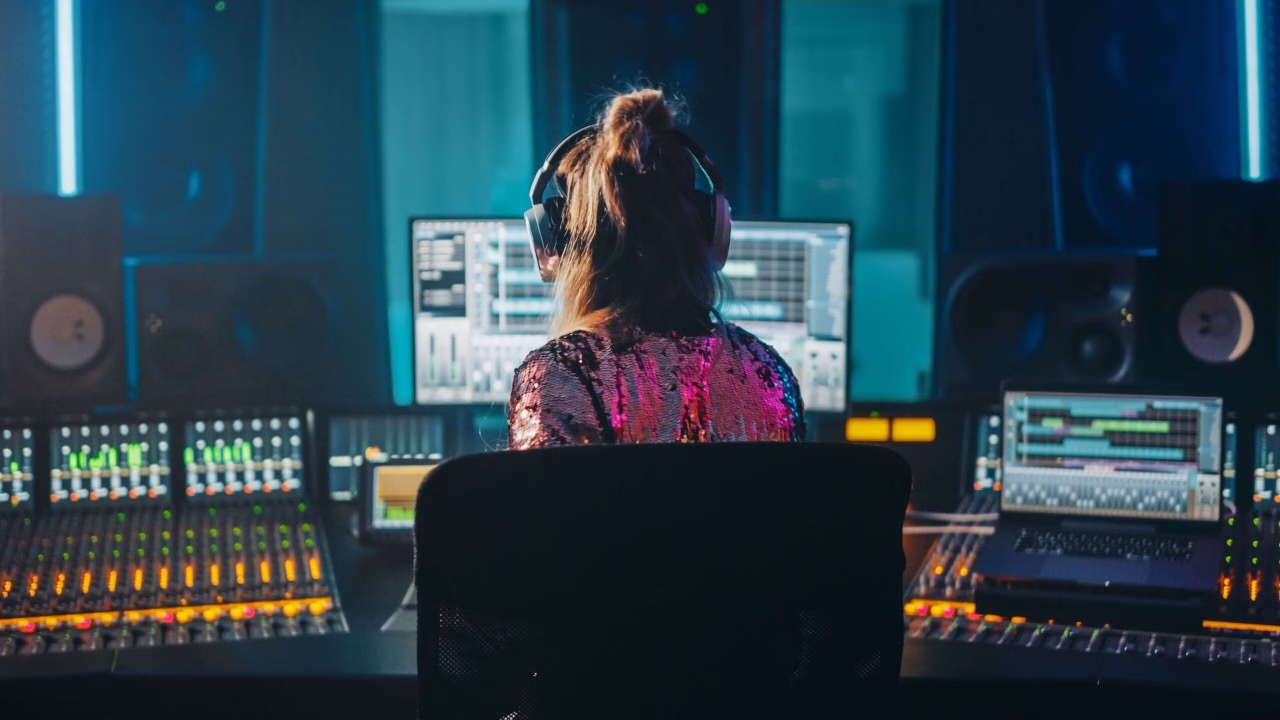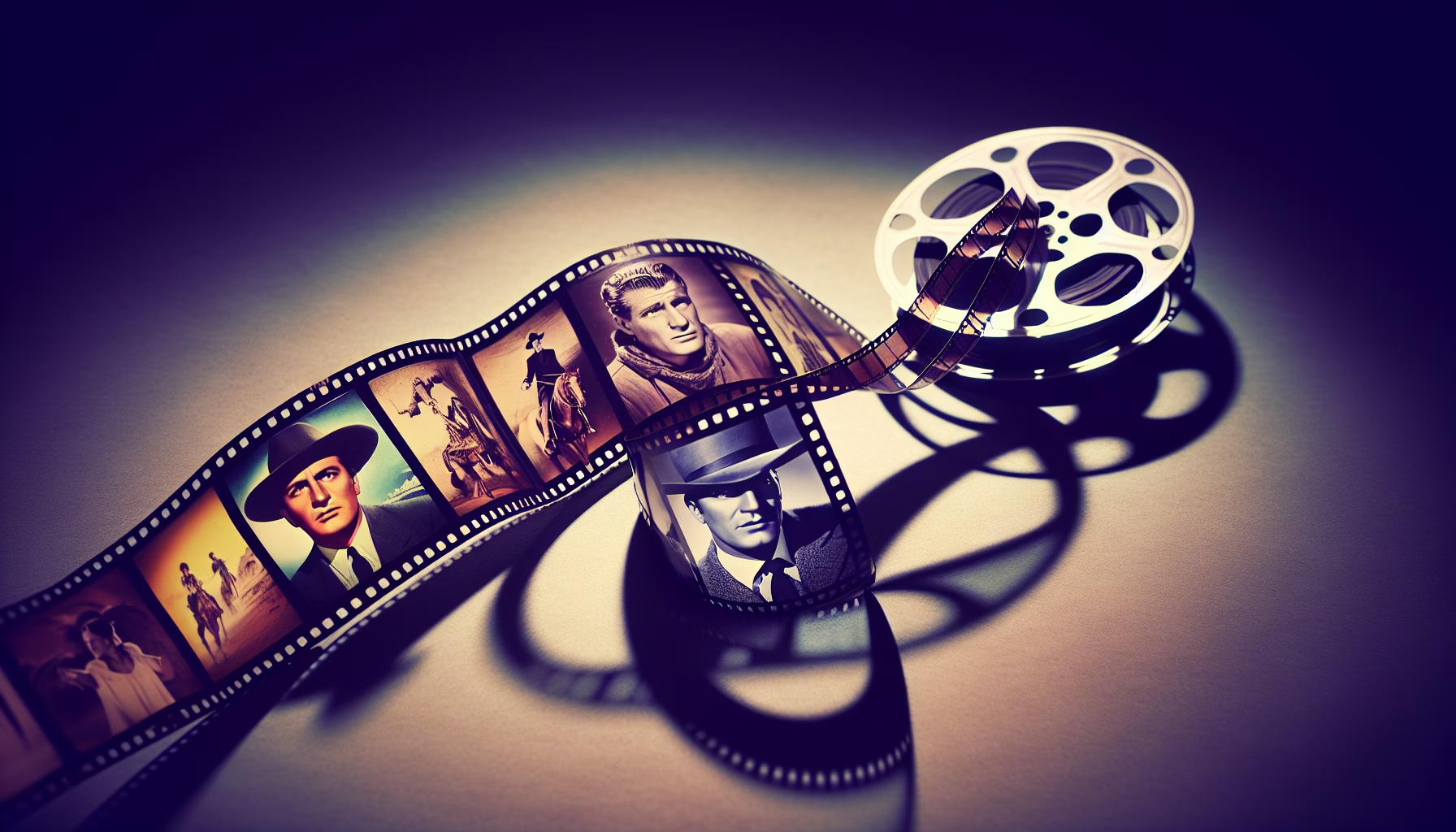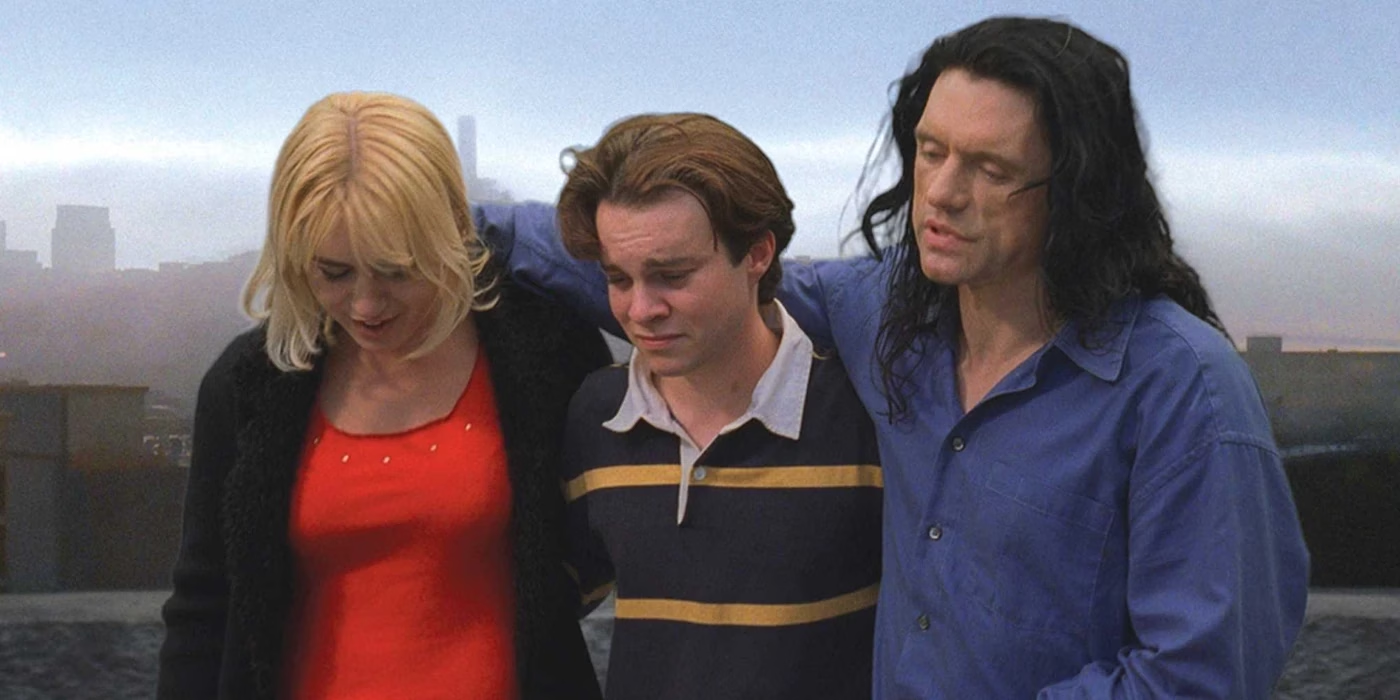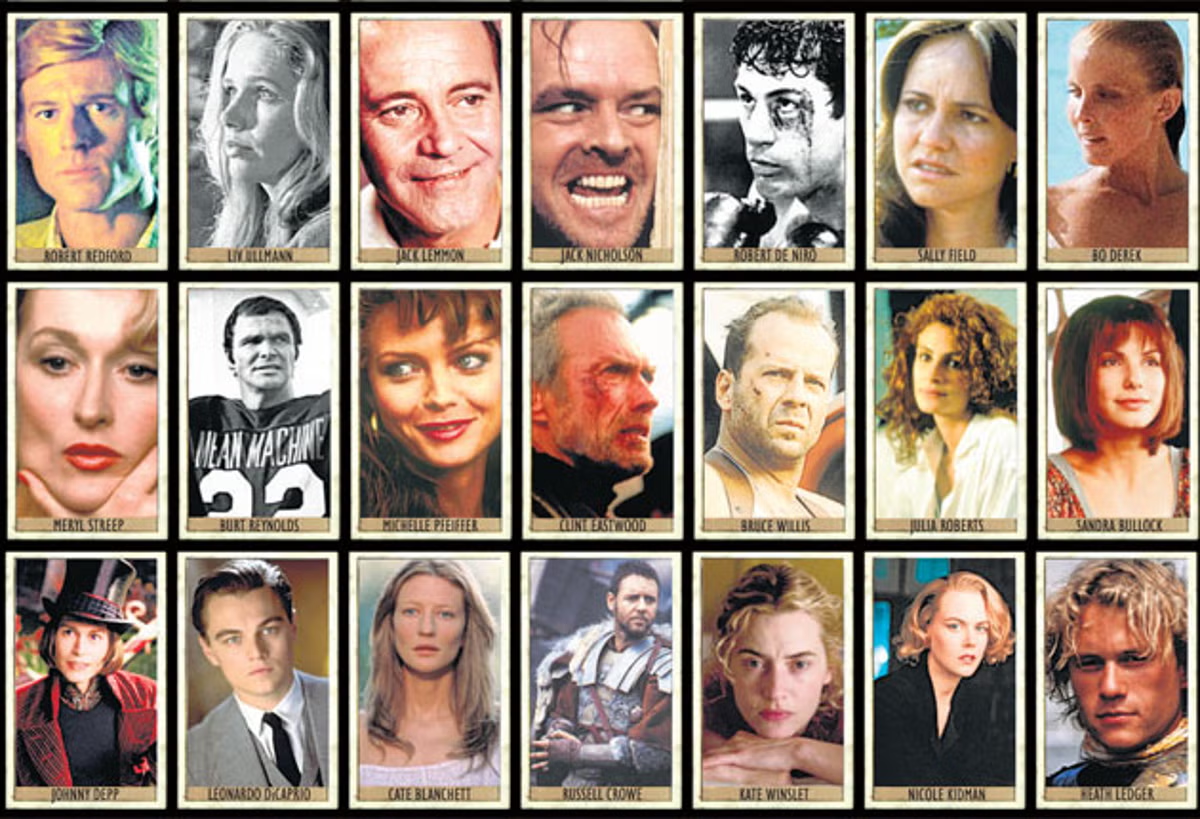Often overlooked, music plays a crucial and multifaceted role in cinematic storytelling, weaving its magic into the very fabric of the film experience. Beyond mere background noise, film scores, sound effects, and even diegetic music (music that originates within the film’s narrative) serve as powerful tools that shape our emotional responses, enhance the narrative, and elevate the overall cinematic experience.
1. Setting the Mood and Atmosphere:
- Eliciting Emotions: Music possesses the unique ability to evoke a wide range of emotions – joy, sadness, fear, excitement, suspense. A swelling orchestral score can heighten the drama of an epic battle, while a melancholic piano melody can underscore a poignant moment of reflection.
- Establishing Atmosphere: The choice of music can instantly transport the audience to a specific time period, location, or mood. A driving rock soundtrack can evoke the rebellious spirit of the 1960s, while a haunting Celtic melody can transport us to the mystical landscapes of ancient Ireland.
- Creating Suspense and Tension: The use of dissonant chords, jarring sounds, and sudden crescendos can effectively build suspense and create a sense of unease, keeping audiences on the edge of their seats.
2. Enhancing Narrative and Character Development:
- Underscoring Themes: Music can subtly reinforce the film’s underlying themes. A recurring motif, for example, can symbolize a character’s inner turmoil or the overarching narrative arc.
- Developing Character: Music can be used to reveal character traits, motivations, and inner conflicts. A character’s favorite song can provide insights into their personality, while a sudden shift in the musical score can signal a change in their emotional state.
- Guiding the Audience’s Focus: Music can subtly guide the audience’s attention, emphasizing key moments and foreshadowing future events.
3. The Power of Diegetic Music:
- Grounding the Story: Diegetic music, such as music playing on a radio or performed by characters within the film, helps to ground the narrative in reality and adds a layer of authenticity to the storytelling.
- Character Development: Diegetic music can reveal important aspects of a character’s personality, interests, and social background.
Conclusion:
Music is an integral element of the cinematic experience, seamlessly intertwining with visual storytelling to create a multi-sensory and emotionally resonant experience. By skillfully manipulating sound, filmmakers can elevate their narratives, deepen emotional connections with audiences, and create truly unforgettable cinematic experiences.
Disclaimer: This analysis explores the general role of music in film. The specific impact of music will vary depending on the film’s genre, style, and the artistic vision of the filmmaker.






